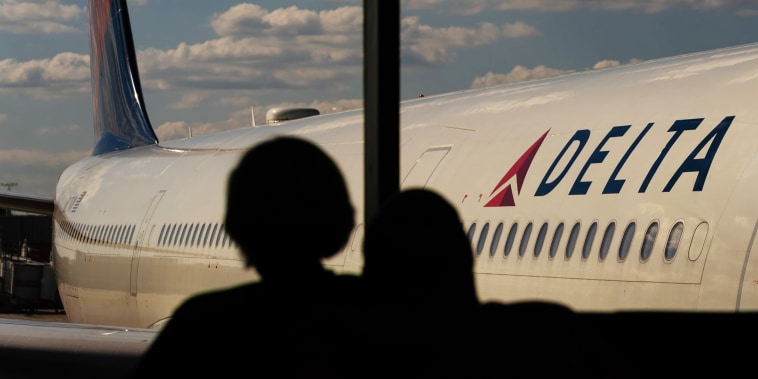
Dreaming of the Skies: Delta’s Rise to Luxury Airline Stardom and United’s Ambitions to Soar
Delta Air Lines has long been known as one of America’s top luxury airlines. Through a combination of smart decisions, strategic partnerships, and a focus on customer experience, Delta has carved out a reputation for itself as a premium carrier offering a higher level of service and comfort than many of its competitors.
One key factor in Delta’s rise to luxury airline status has been its commitment to investing in its fleet and infrastructure. The airline has made significant upgrades to its aircraft, adding more spacious seating, state-of-the-art entertainment systems, and amenities such as Wi-Fi and in-flight dining options. These improvements have not only enhanced the flying experience for passengers but have also helped Delta differentiate itself from other airlines.
Delta has also focused on building strong partnerships with other airlines and travel companies to enhance its global reach and offer customers a seamless travel experience. By forming alliances with international carriers and participating in codeshare agreements, Delta has been able to expand its route network and provide access to more destinations around the world. These partnerships have enabled Delta to offer premium services, such as access to exclusive lounges and priority boarding, to its most valued customers.
Another key aspect of Delta’s success as a luxury airline is its commitment to customer service excellence. The airline has invested heavily in training its staff to provide exceptional service and has implemented new technologies to ensure a smooth and efficient travel experience. Delta’s focus on customer satisfaction has helped to build loyalty among its passengers and has earned the airline numerous awards for its service quality.
In contrast, United Airlines has faced challenges in its efforts to compete with Delta as a luxury carrier. United has made efforts to improve its premium offerings, such as introducing new seating options and upgrading its lounges, but has struggled to match the level of service and amenities provided by Delta. United’s reputation has also been tarnished by several high-profile incidents involving customer service and operational issues, which have eroded trust in the airline among some frequent flyers.
Moving forward, United is looking to make changes to its business strategy to better compete with Delta and other luxury airlines. The airline has announced plans to invest in new aircraft, upgrade its onboard products and services, and expand its global network to attract more premium passengers. By investing in these areas and focusing on improving its customer experience, United hopes to position itself as a top choice for luxury travelers in the future.
In conclusion, Delta Air Lines has successfully positioned itself as America’s luxury airline through a combination of strategic investments, strong partnerships, and a commitment to customer service excellence. As United Airlines looks to challenge Delta’s dominance in the luxury travel market, it will need to focus on enhancing its premium offerings, improving its reputation, and providing a superior travel experience to attract high-end passengers. Only time will tell if United can rise to the level of luxury achieved by Delta or if Delta will continue to lead the way as America’s premier luxury airline.
